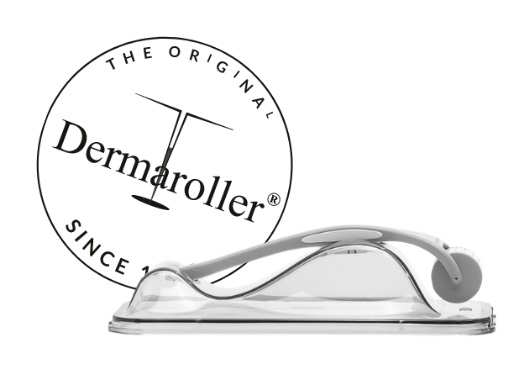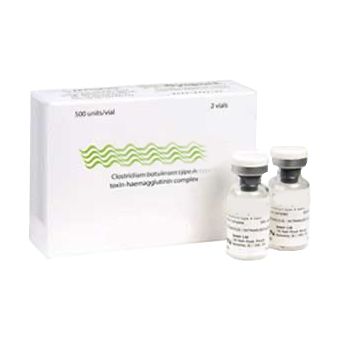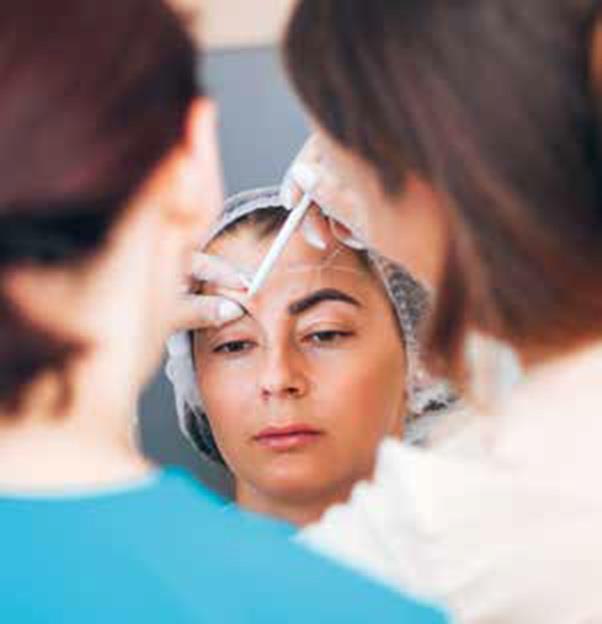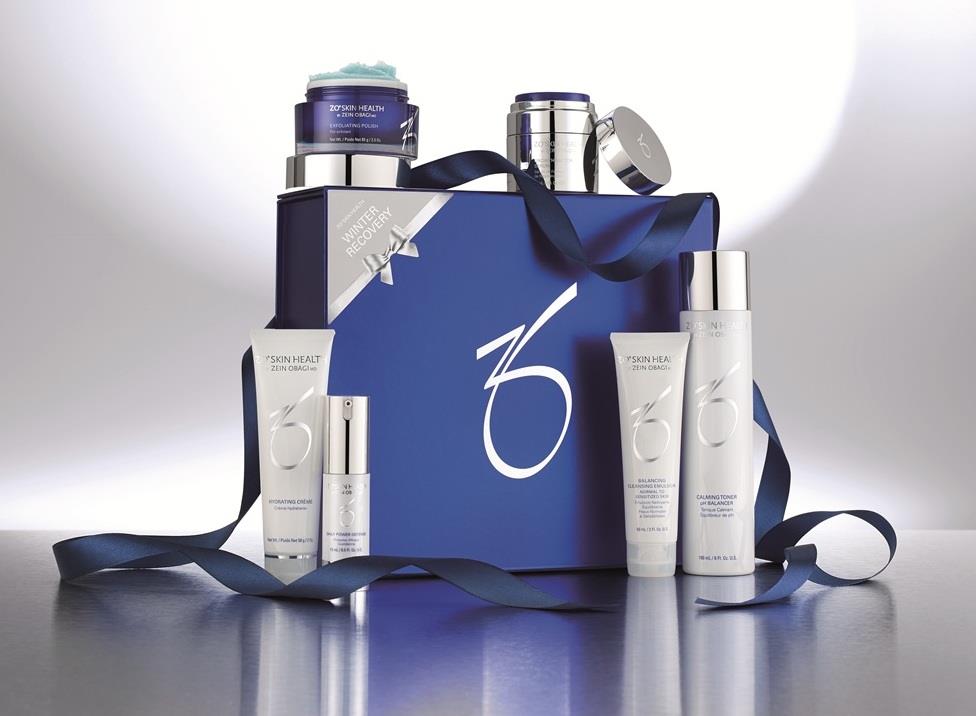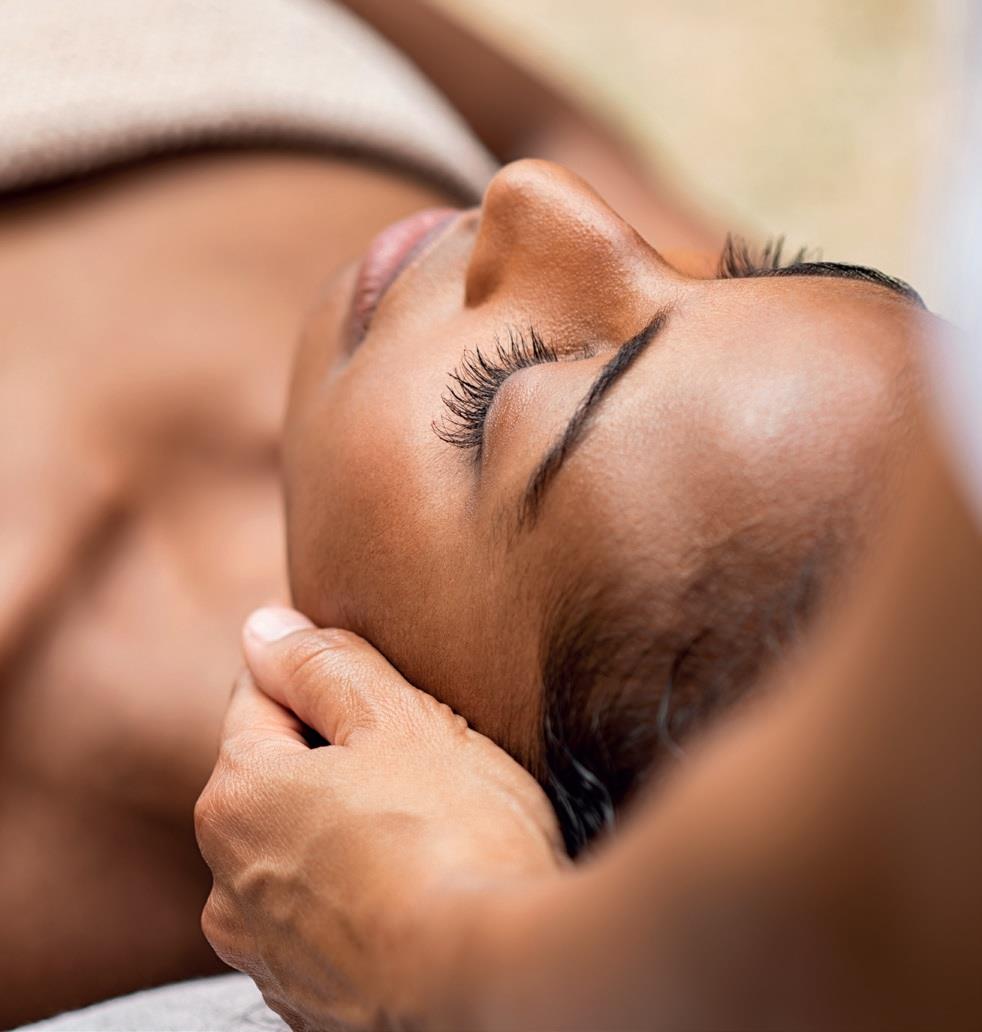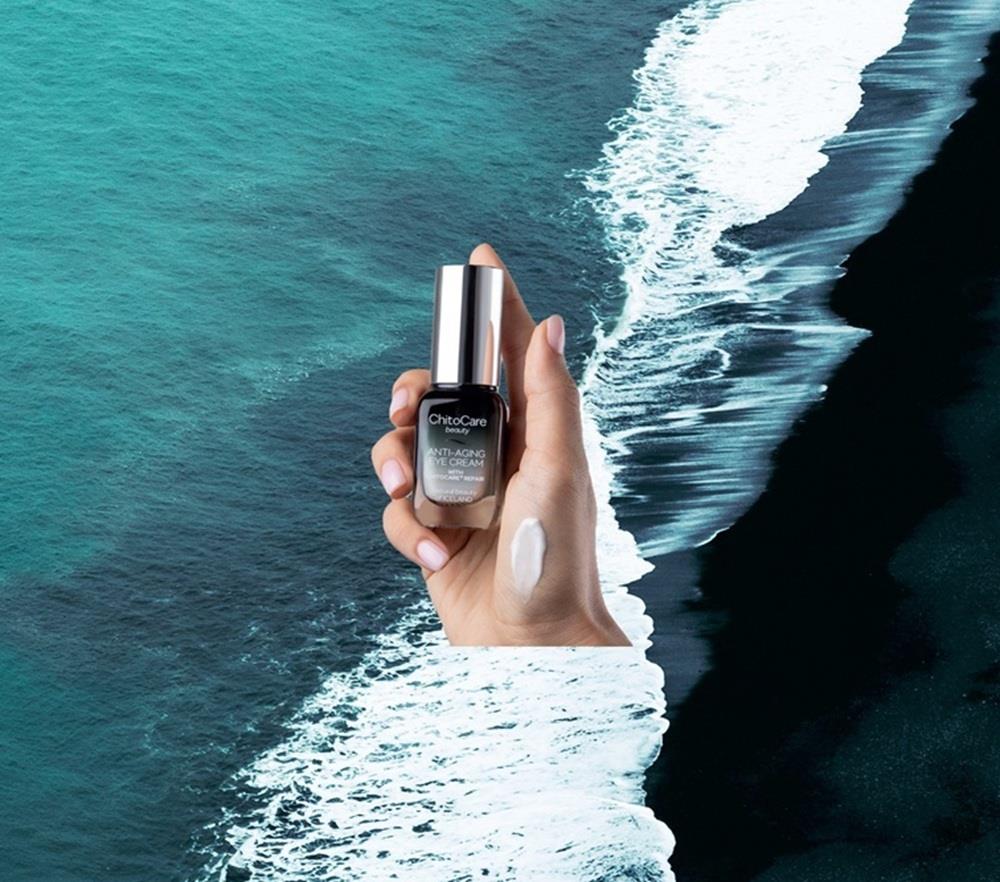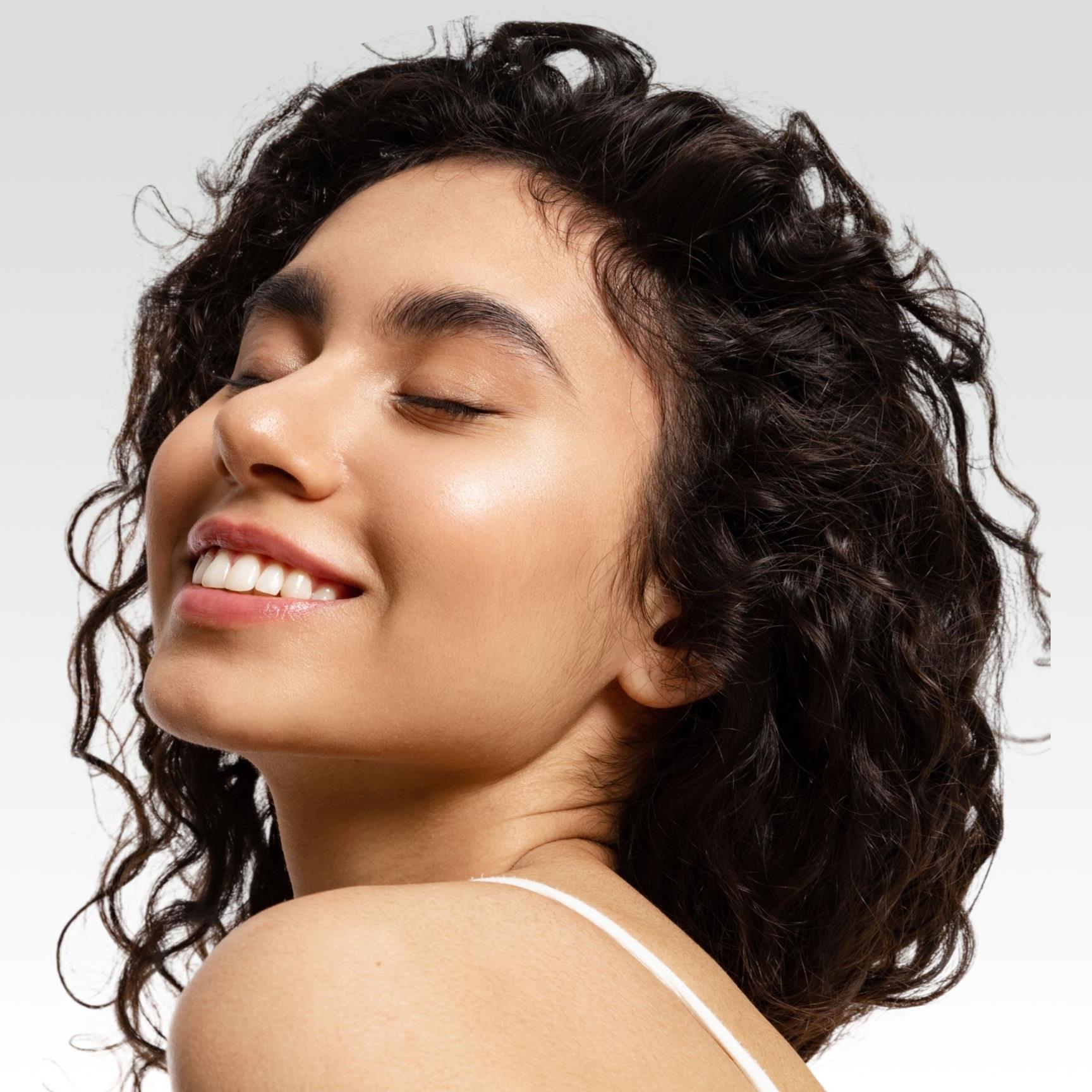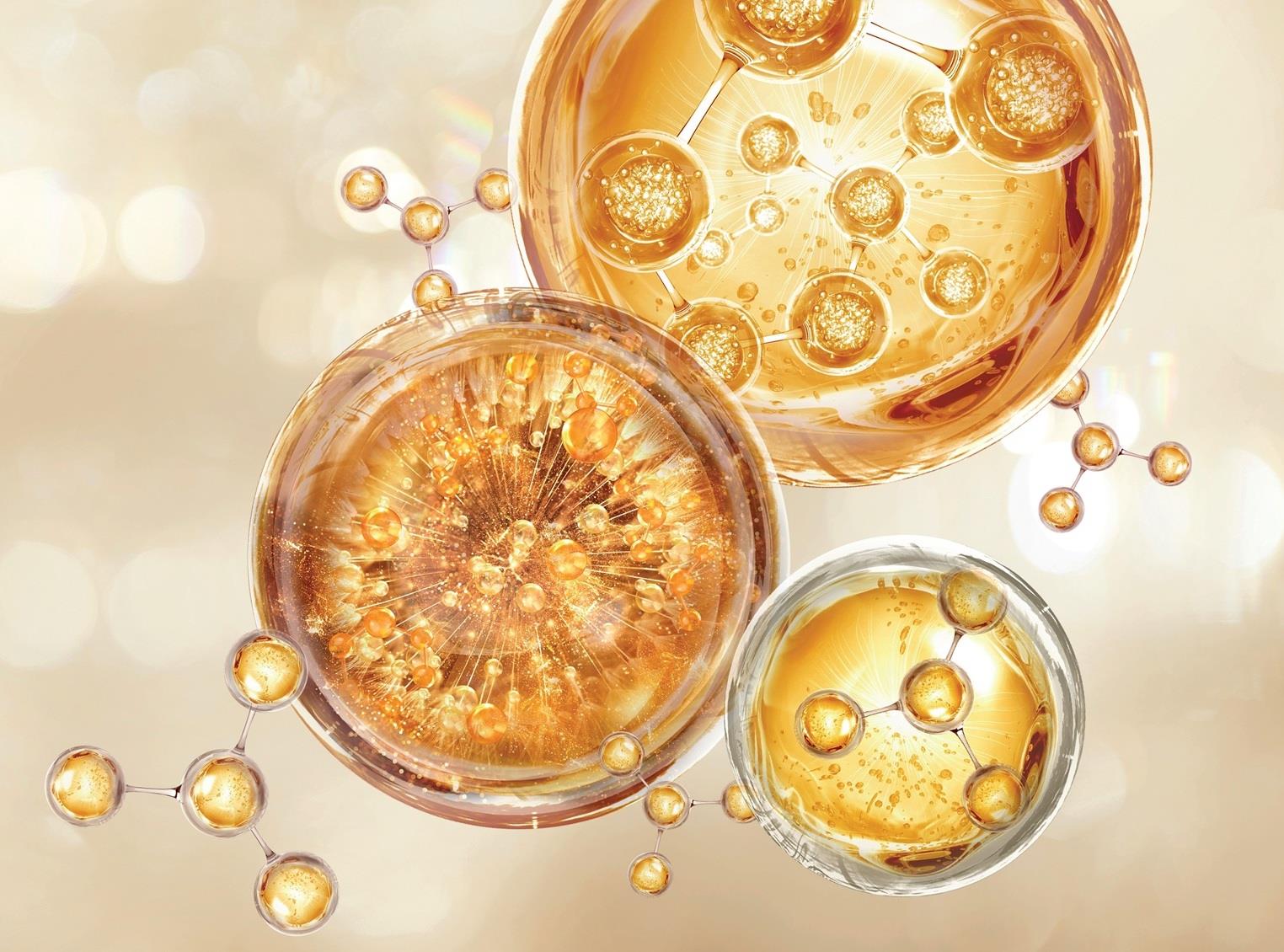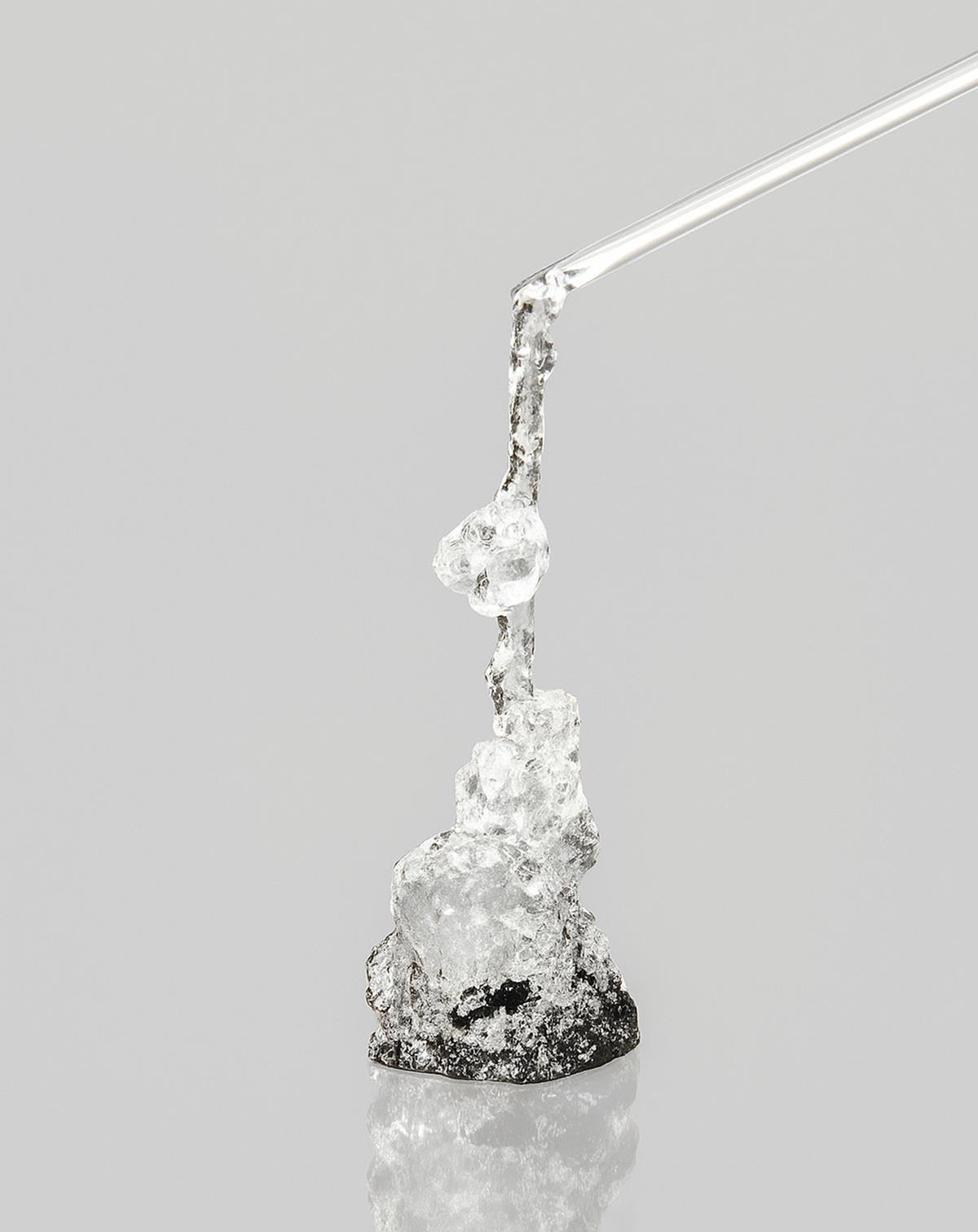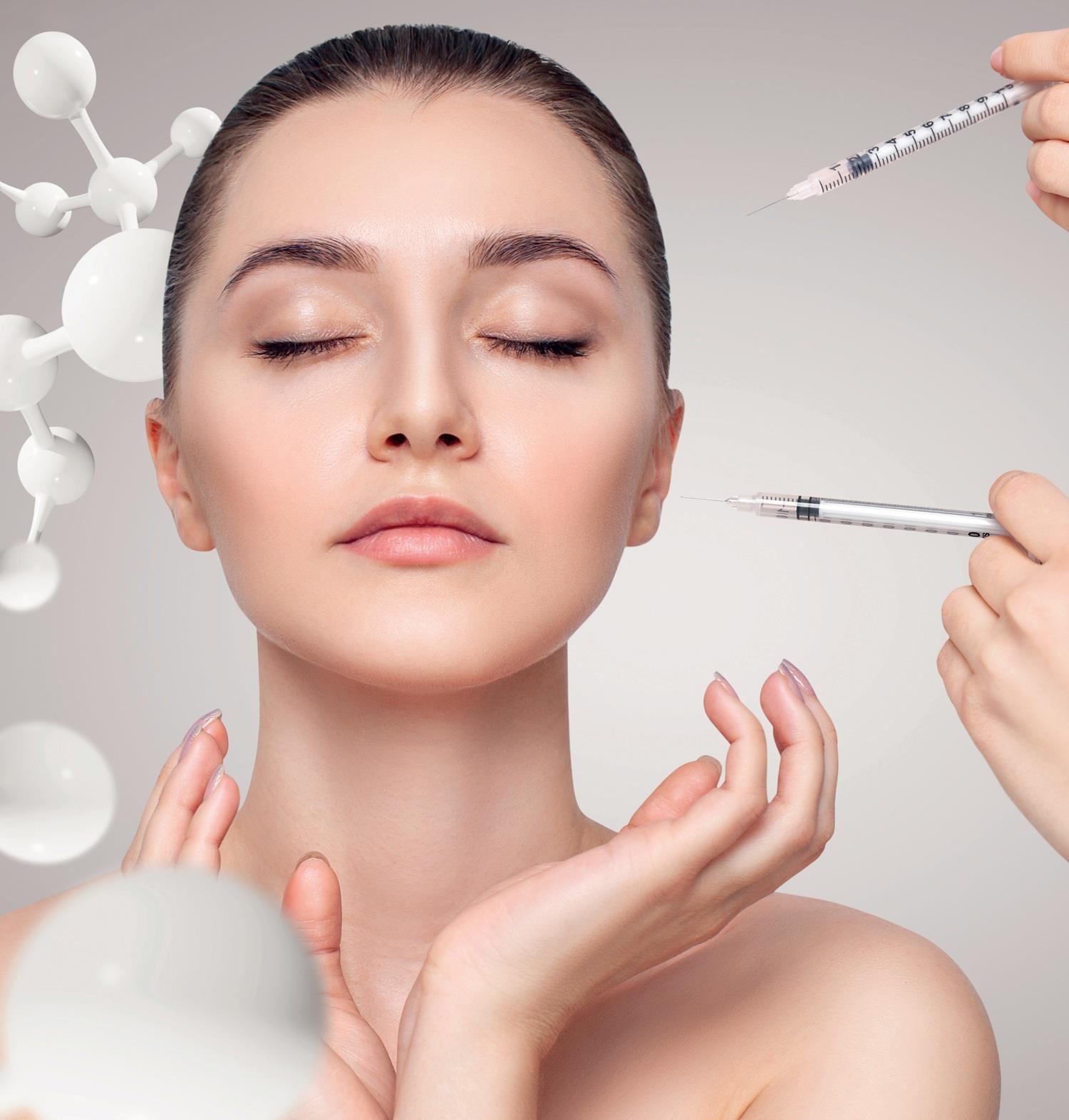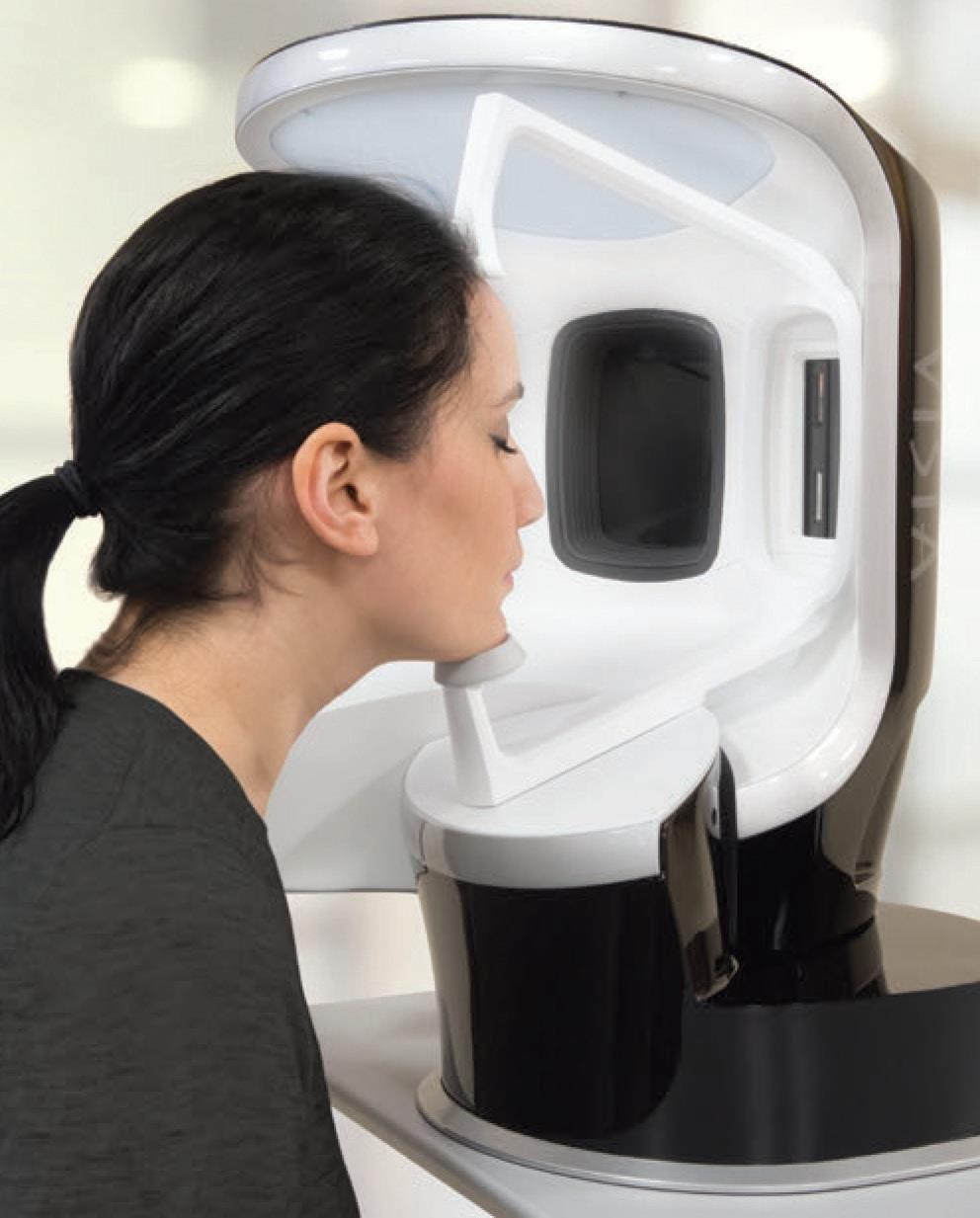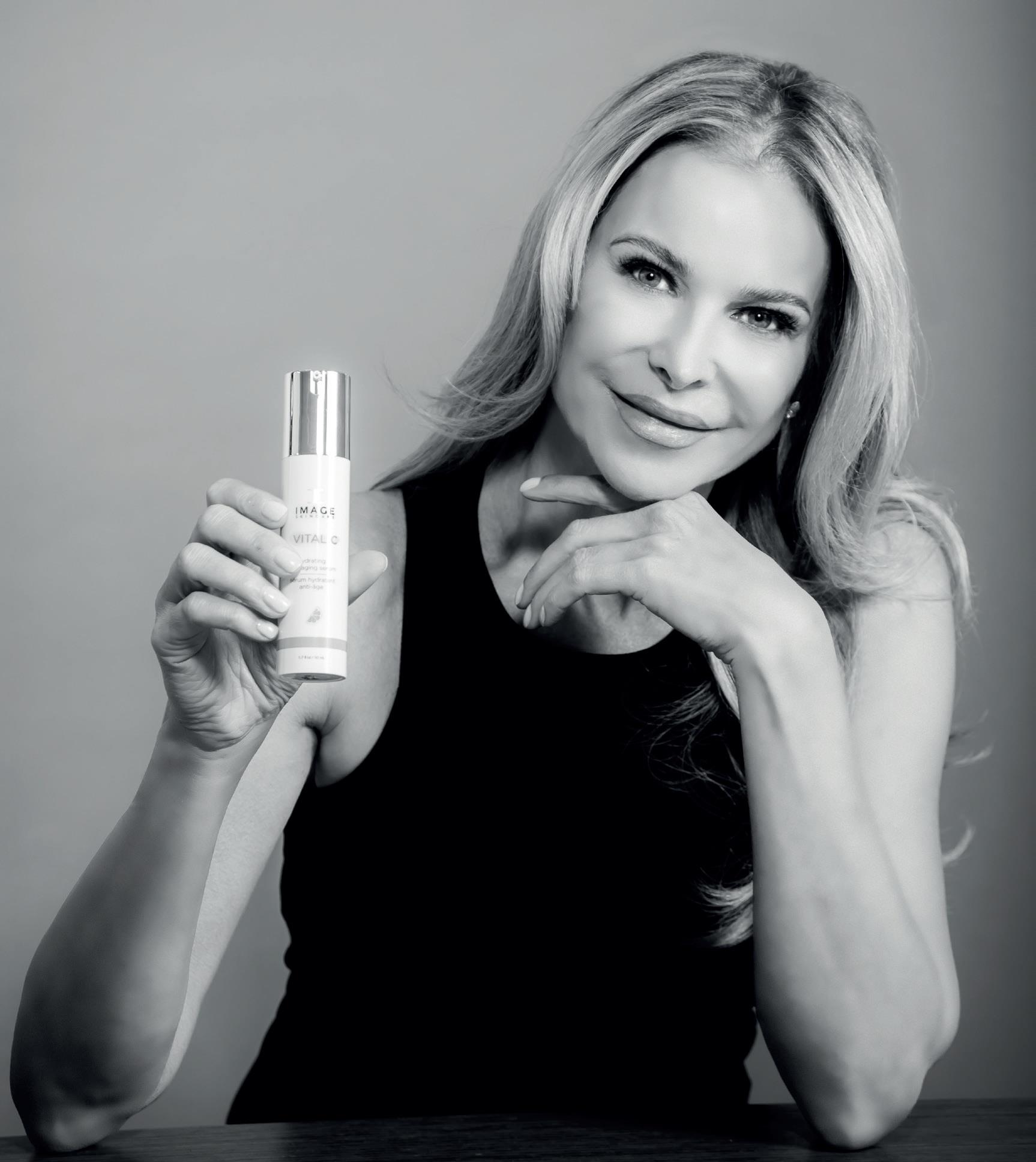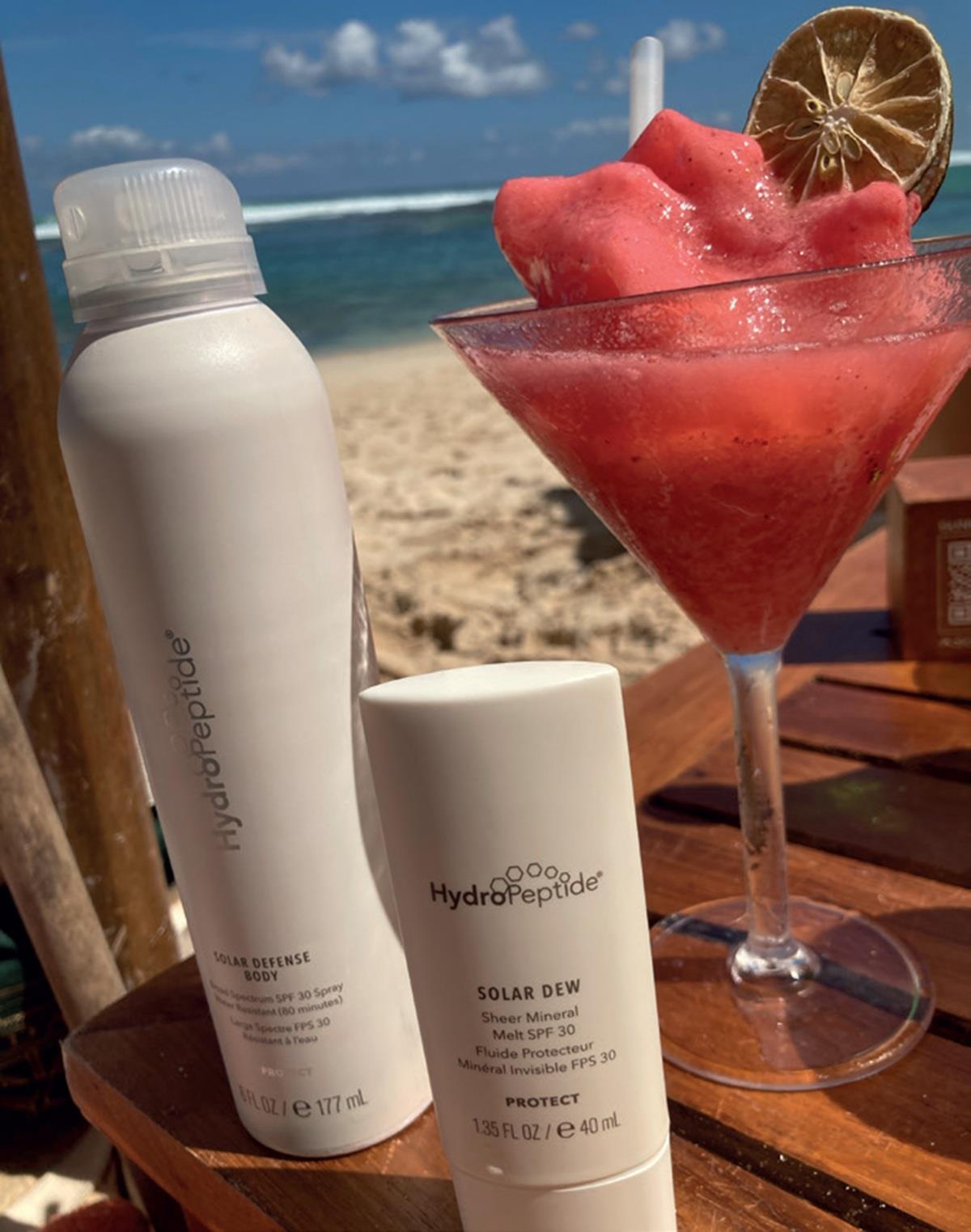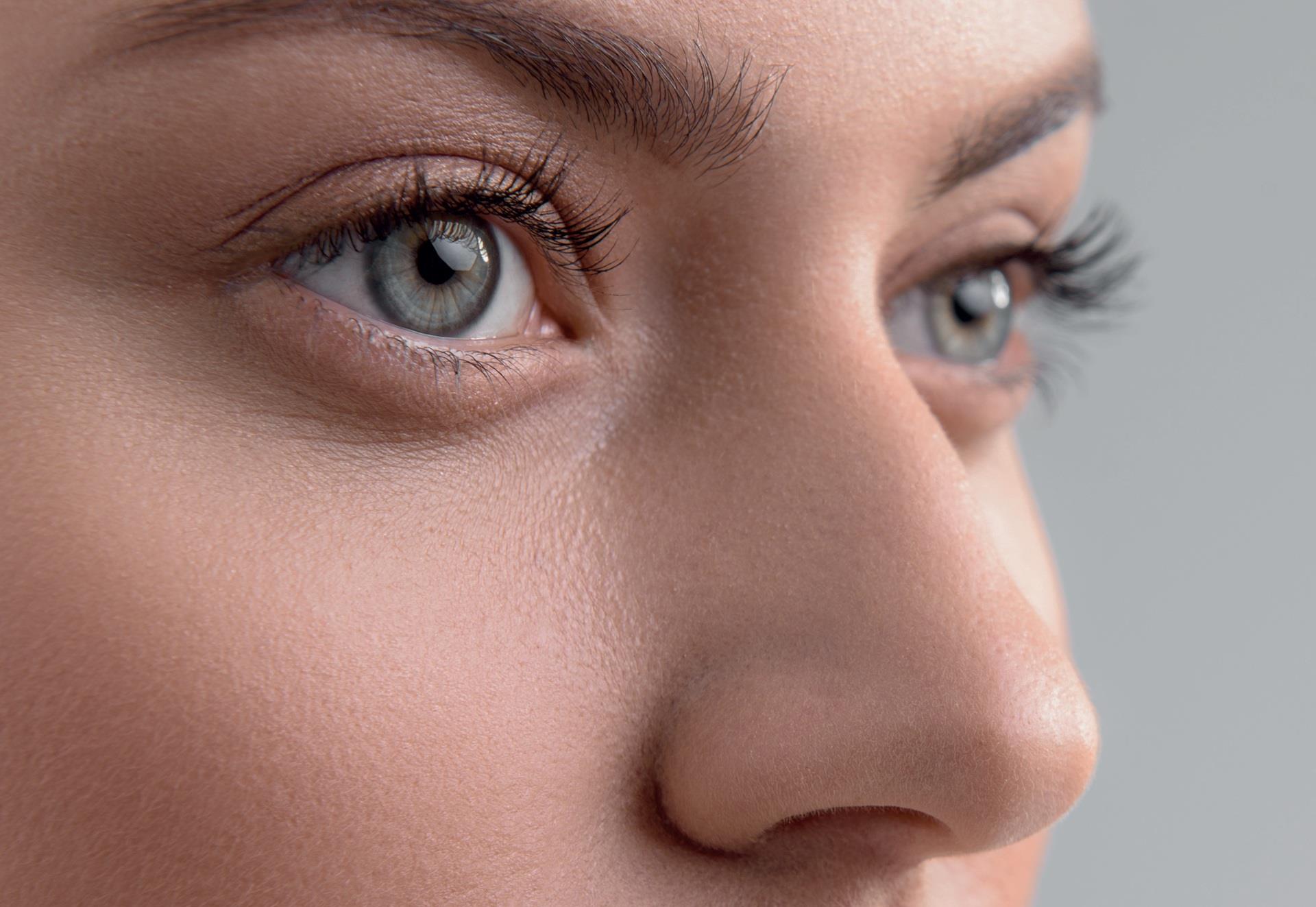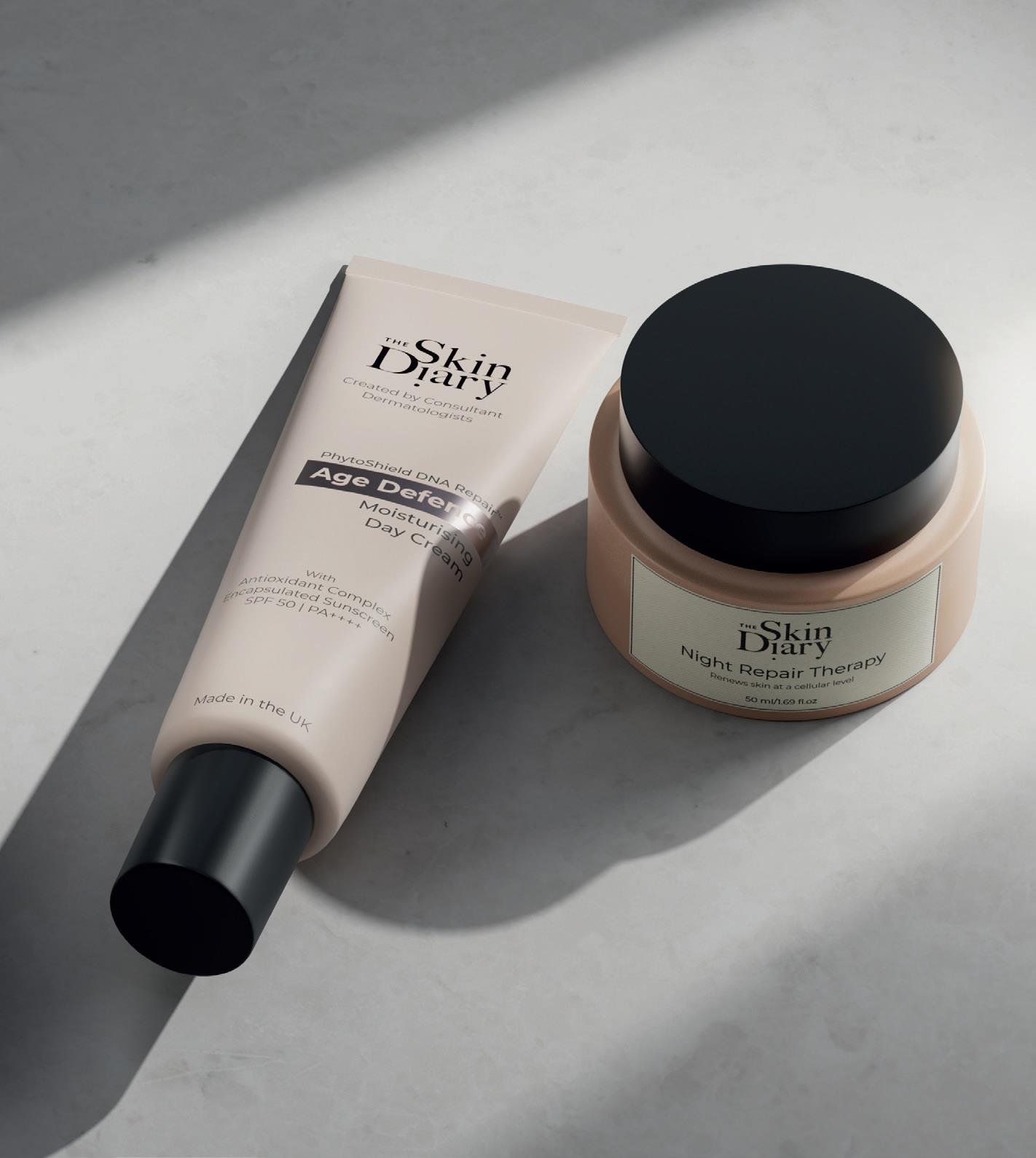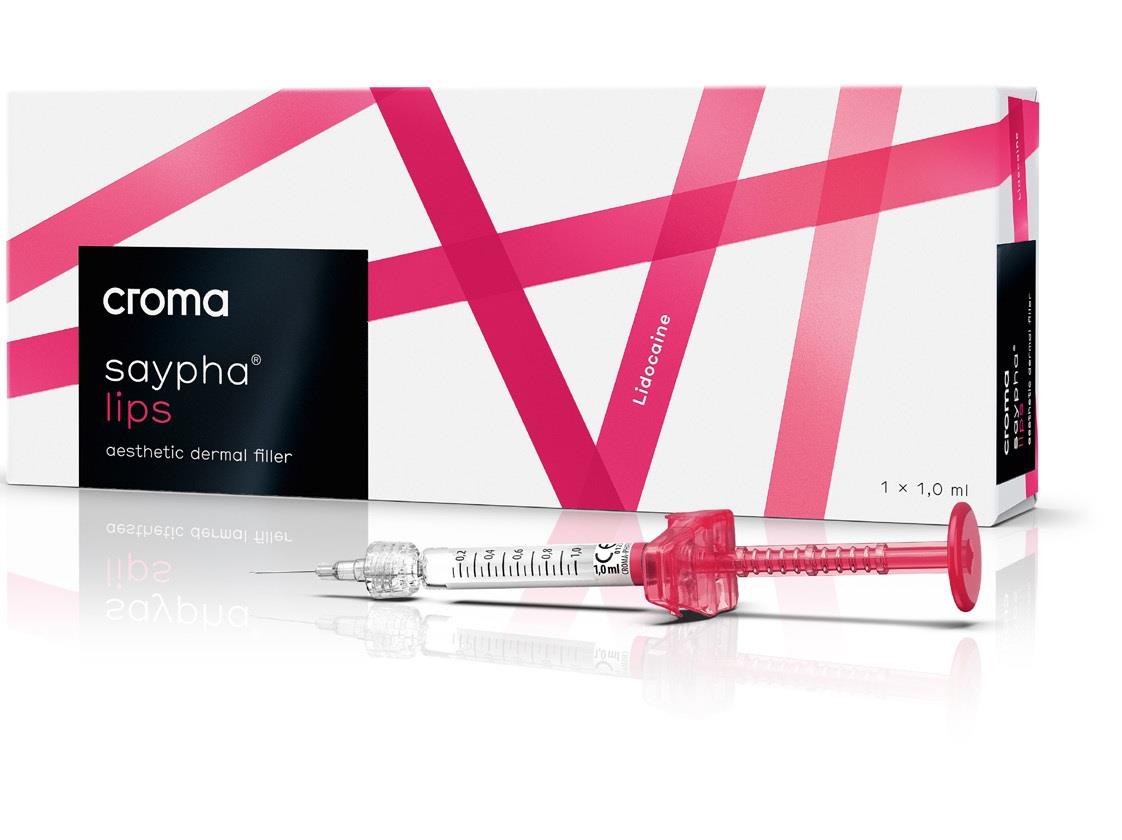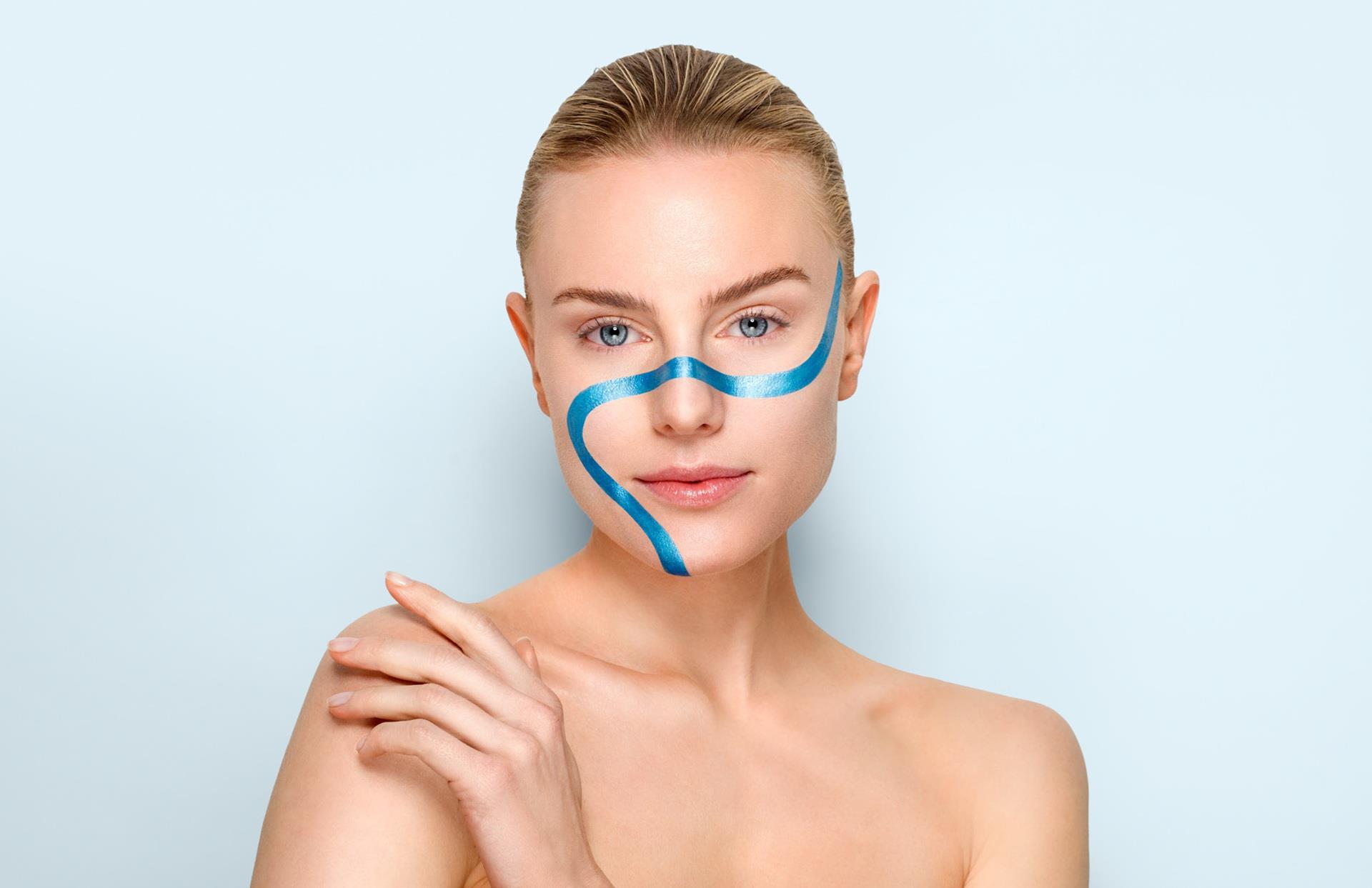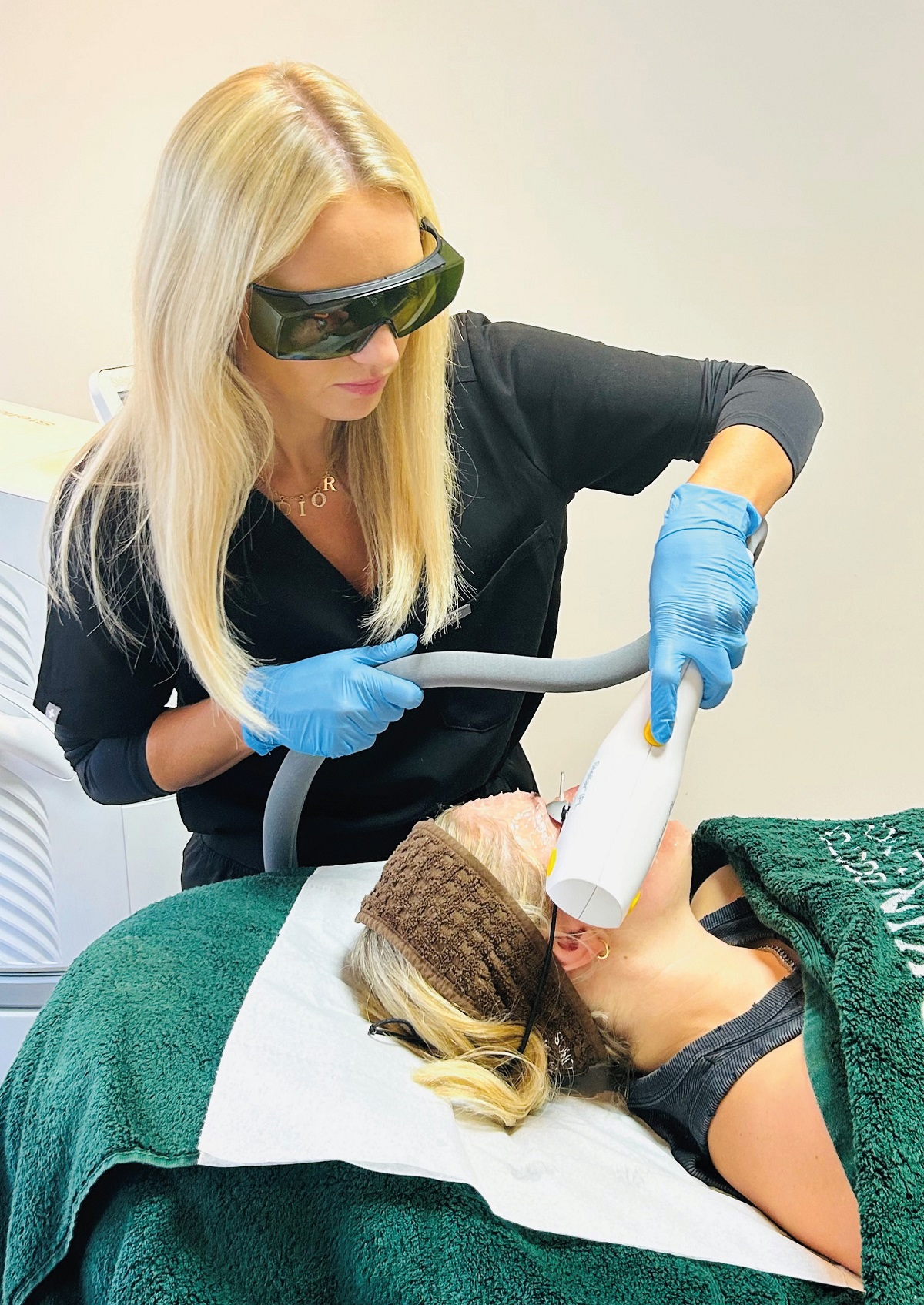
On the world of skincare, we can often be sold 'promises in bottles'. Now more than ever, in a decade where acne seems to be vastly increasing, it’s important to understand acne growth so we can treat it effectively."When treating acne, or congestion of any kind, it is important to have an understanding of the skin and how it functions. Within our team we have a group of highly trained doctors, nurses and practitioners. Staff training is of utmost importance to us so we can deliver consultations in an informative and ethical way."
Throughout my years in clinical work and the skincare industry, I have become more aware that sufferers of complex skin conditions such as acne have no idea where to turn to. They are inundated with options of miracles in glass jars and 'quick fix salon treatments' that promise to 'cure' them. Unfortunately, the vast majority of the time this is not the case, leaving the patient deflated, untrusting and potentially having made the condition worse. All of which they had the pleasure of paying for. The industry is vastly becoming saturated at the consumers’ expense.
We often see clients in our clinics who visit the Skin Doctor team seeking help after exploring many avenues. They discuss their concerns alongside previous trials and errors which may or may not have helped. Sometimes causing further stress and anxiety which could leave the condition worse.
What can we do?
When treating acne, or congestion of any kind, it is important to have an understanding of the skin and how it functions. Within our team we have a group of highly trained doctors, nurses and practitioners. Staff training is of utmost importance to us so we can deliver consultations in an informative and ethical way. Maintaining reasonable expectations and having the ability to refer to medical professionals is key, when treating conditions such as acne.
It is so important to advise, and remember that acne prone skin differs from person to person. It generally has a genetic predisposition called retention hyperkeratosis. Meaning those with acne produce a higher quantity of keratin protein. When the cells that line the follicle wall produce an excess of keratin, old skin cells can stick together making them harder to expel, which, unfortunately, would then end up in a blockage. Then, if we consider factors such as makeup, dirt, oils and sweat, this can end up entering the follicles and becoming trapped. Leading to further blocked pores and more acnebacteria.
We also need to consider other factors and influences such as hormones, medications and mental health. This is why an advanced skin consultation exploring all options is so important.
How we can help
Often an approach which considers manyfactors helps. We could advise medical grade skincare, probiotic and vitamin Asupplements, and also perform advanced treatments. The combination of all three gives our clients a better chance of reducing the P acne bacterias.
Ideal paths could include skin peels using acids, medical grade skincare such as ZO Skin Health, advanced nutrition, acne IPL, LED treatments or Hydrafacial.
These are all good bacteria minimising options. We could also discuss with our medical professionals, contraceptive pill
changes, prescriptive acne topicals or medicines.
My advice for patients with acne is:
• Do not compare yourself to others. Our skins all function differently, enjoy your uniqueness
• Do your research
• Seek help from a medical professional or reputable skin clinic
• Give yourself a break and try not to stress too much...
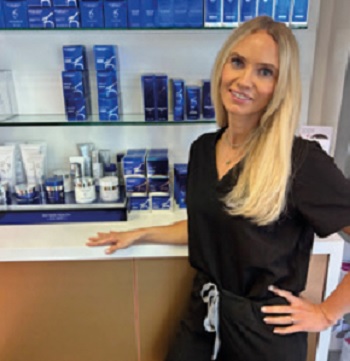
Francesca Coleman is Head Practitioner and Educator for Skin Doctor Clinics UK. A skin expert and mother of two girls.
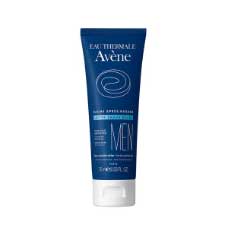
 Added to basket
Added to basket

 Unapplied Changes
Unapplied Changes


